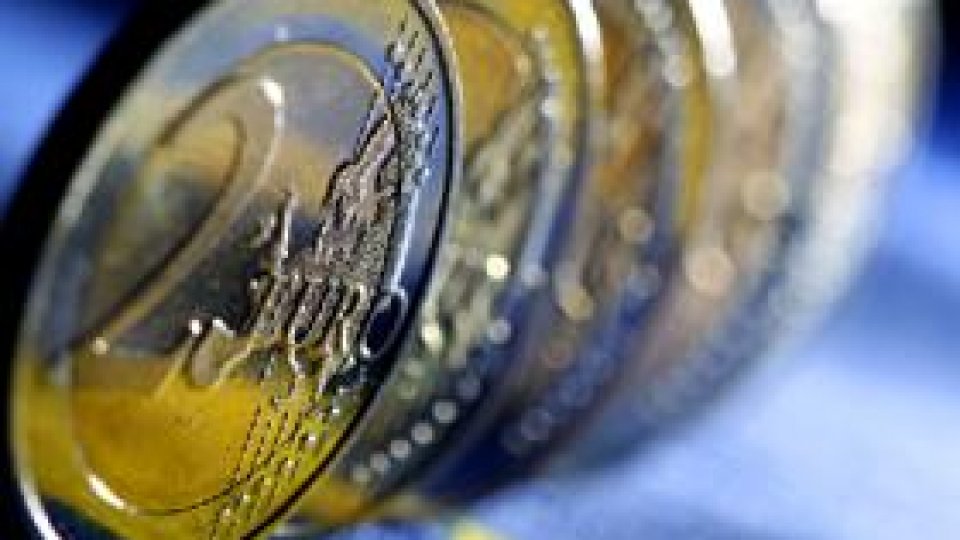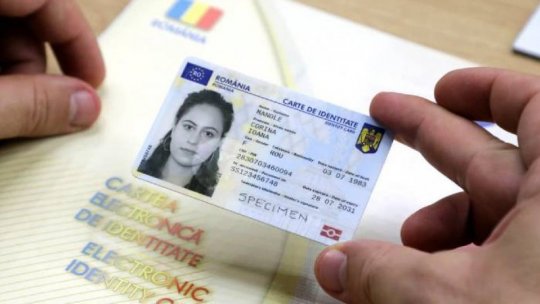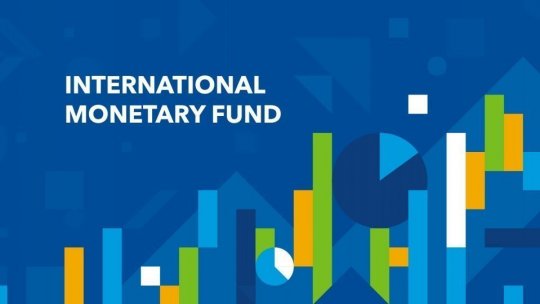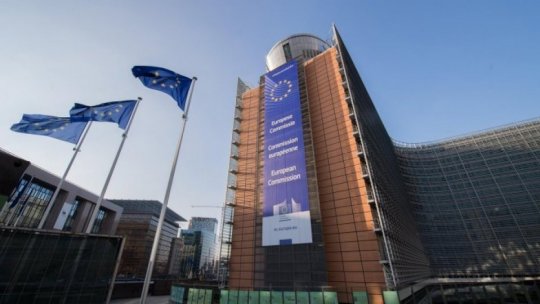Banking performance and the european currency
Romania still has a great deal of work ahead before joining the Eurozone.

Articol de Radio România Internaţional, 06 Iunie 2015, 14:14
Romania’s economic growth has been solid and sustainable, but any side-slip could threaten its development in the coming years, said at a forum held in Bucharest the Governor of the National Bank of Romania, Mugur Isarescu.
He warned that errors might occur in the economic policies, and the global economic crisis has shown that such errors are hard to correct.
He also said that the transition to the European currency should be made at the right moment, after all the necessary economic reforms have been implemented.
“When the crisis broke out, Romania was not compliant with any of the four Maastricht criteria, but all of them are now observed. The big challenge is to ensure the sustainability of these accomplishments. Therefore, economic policies are meant to maintain the balance that was so difficult to strike, to generate rapid economic growth, but one which should not affect that balance, and they must do that by focusing on structural reforms”, the Governor said.
The target set by Bucharest for joining the Eurozone is 2019, but Mugur Isarescu believes that Romania currently has a number of other key objectives it must pay attention to at present, among which developing infrastructure, solving the high rate of youth unemployment, improving the efficiency of key economic sectors, such as energy and transport, and ensuring a better absorption of European funds.
All the participants in the economic forum held in Bucharest stressed the fact that the risks threatening the south-east European economies, the Romanian one included, are external in nature, and mainly deriving from the situation of Greece and the conflict in Ukraine.
Statistical data, too, have confirmed that Romania’s economic situation is good, as information made public by the National Statistics Institute shows that net investments in the national economy grew by 8.5% in the first quarter, as compared to the same period last year.
Setting 2019 as the target for joining the Eurozone also has a symbolic significance, because in that period Romania will be holding the rotating presidency of the EU, said the Romanian Prime Minister Victor Ponta, who also mentioned the possibility of a referendum on the Eurozone accession.
Attending the economic forum in Romania’s capital, the IMF representative for Romania and Bulgaria, Guillermo Tolosa, said that the targets that the Romanian government has set until the end of 2015 are reachable, but that next year it will have to make even bigger efforts to fulfil all the objectives the government has undertaken.









